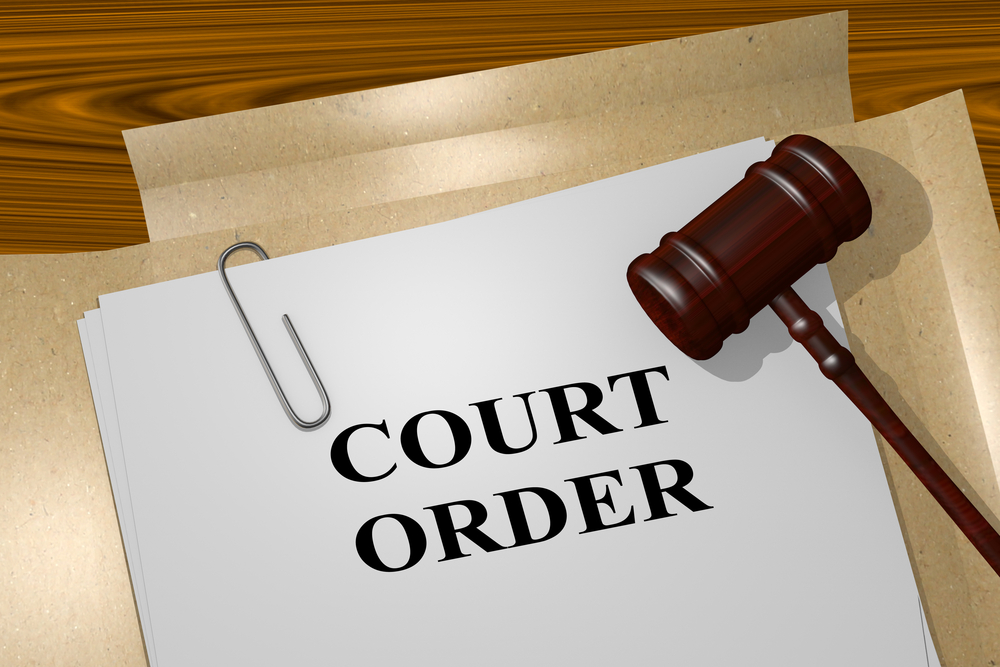Order Revision: Metro v. Lopez 1
The Baltimore Medical Malpractice Lawyer Blog discusses Maryland appellate opinions in personal injury cases involving issues that arise in medical malpractice cases. In this post, I discuss the issue of revision of an order that the court had previously issued twice to deny a motion in limine. The case is the June 2, 2025, unreported opinion in Metro Investigation & Recovery Solutions, Inc. v. Pineda-Lopez, No. 546. In Part 2, I examine the court’s ruling on failure to disclose impeachment evidence.
Factual Background
The plaintiff sued the Circuit Court for Prince George’s County for injuries in a head-on collision with a truck. (Op. at 1). The plaintiff went to the emergency room and then to a chiropractor three weeks later. (Id. at 2). The chiropractor treated the plaintiff for back and leg pain from the accident. The treatment lasted for 3 months, and medical bills totaled $7,424. (Id.).
In the lawsuit, the plaintiff did not seek reimbursement for medical bills. His claim was for non-economic damages for past and future pain and suffering. The defendant agreed it caused the accident. The trial was to determine whether the accident caused the plaintiff’s injuries and the amount of damages. (Id.).
Before trial, the plaintiff filed a motion in limine to prevent the defense from introducing his medical bills into evidence. A motions judge denied the motion and also the plaintiff’s motion for reconsideration. On the first day of trial, the plaintiff renewed his motion. (Id.).
Trial

The trial judge addressed the prior denial of the motions. The judge seemed to say the motion had to be decided at trial since it concerned what evidence the party intended to put on. The judge also said a pretrial judge’s failure to preclude evidence did not bind the trial judge. After reviewing the case law, the trial judge caused revision of the order, and excluded the medical bills because they were irrelevant to the pain and suffering. (Id. at 6).
The plaintiff called family and co-worker witnesses to testify that the plaintiff has had significant back pain since the accident. The plaintiff also called an orthopedic surgeon who testified that the accident caused a lower back injury with nerve damage, and the pain would be life-long. (Id. at 3). The jury returned a verdict for the plaintiff for $500,000. (Id.). The defendant appealed.
Appellate Court of Maryland
The defendant argued that the trial court abused its discretion by granting the motion in limine and causing revision of the order on the first day of trial and unfairly prejudiced the defendant by disrupting its trial strategy. (Id. at 6). The defendant stated that it relied on the pretrial ruling and would elicit testimony from the plaintiff’s expert that the medical bills were reasonable. The parties conducted the expert’s de bene esse deposition after the pretrial denial of the motion. The defendant further stated that it had intended to argue that the modest amount of medical bills should result in a modest damage award. (Id. at 8).
The Appellate Court first observed that the premise of the defendant’s argument was faulty, that is, that the amount of medical bills is relevant to the question of pain and suffering. The court cited the case of Wright v. Hixon, 42 Md. App. 448, 456 (1979) that held the opposite. In the Wright case, the court ruled that the amount of medical bills is not a determining factor in assessing pain and suffering. This ruling was crucial in the current case as it formed the basis of the appellate court’s decision. (Id. at 9-10).
Rule 2-602(a) and the Revision of an Order
Second, the trial court “clearly” had the authority to revisit the prior denials of the motion. Md. Rule 2-602(a) states that an order adjudicating less than an entire claim is subject to revision at any time before entry of final judgment. (Id. at 10-12). The Appellate Court added that since the plaintiff made it clear in the motion that he was not seeking reimbursement for medical expenses, the trial court erred in denying the motion because of the Wright case. This decision indicates that it’s crucial to align trial arguments with established law and to be aware of the court’s authority to revisit prior denials. (Id. at 10-12).
In its reply brief, the defendant argued that the trial court should have postponed the case to allow the defendant to prepare, including the expert’s cross-examination properly. The Appellate Court first noted it does not ordinarily address arguments first raised in a reply brief because the plaintiff did not have a chance to respond in brief. The court also said that the defendant could have requested a postponement but did not. (Id. at 16 n. 7).
Commentary by Baltimore Medical Malpractice Lawyer Mark Kopec on Revision of an Order
The defendant was not going to win this appeal.
The defendant based its entire trial strategy and also appeal arguments on the incorrect premise that medical bills are relevant to pain and suffering. This is a well-established legal principle. Relying on rulings that contradict established law generally is not a good long-term strategy. The court will likely reverse them at some point, as it did here. The defendant also seemed to have overlooked that the rules allowed the trial judge to revisit the improper denials.
The trial judge had an explanation for why the pretrial judges denied the motion. The apparent policy of the circuit court was not to address matters before trial that depended on whether the parties would introduce specific evidence at trial. However, the Appellate Court stated that denying the motion was indeed an error.
Alternatives
An alternative way for the circuit court to get to the same place would be to defer the ruling on the motion until the trial judge convenes the trial. The problem is that it then makes it difficult for the parties to prepare for trial with the issue unresolved. However, this is a situation that litigants regularly have to adjust to. So, the better practice is to grant the motion pretrial, but the court could defer and not err.
For another Maryland appellate case involving Rule 2-602(a), read Women First v. Harris 2. You can also read additional cases on procedure.
Mark Kopec is a top-rated Baltimore medical malpractice lawyer. Contact us at 800-604-0704 to speak directly with Attorney Kopec in a free consultation. The Kopec Law Firm is in Baltimore and helps clients throughout Maryland and Washington, D.C. Thank you for reading the Baltimore Medical Malpractice Lawyer Blog.





